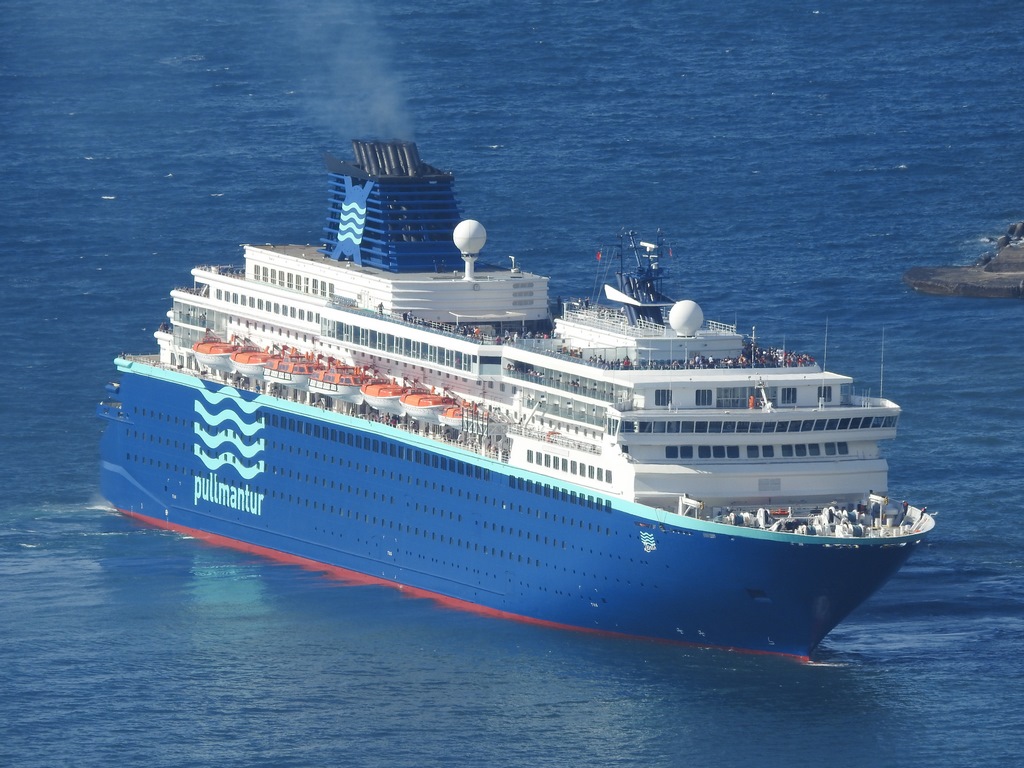
A CDC cruise ship program could help cruise ships prevent transmission of the COVID-19virus. You can read on to learn more about their color-coding system and vaccination recommendations. Learn about the risks of COVID-19 transmission. Don't worry; the CDC will continue providing guidance and recommendations to cruise lines. These steps will eventually help cruise ships improve safety for all passengers.
COVID-19 cruise ship programs by CDC
The Centers for Disease Control and Prevention (CDC) recently issued new guidance for COVID-19 viruses in cruise ship water. This guidance is based a current scientific consensus and will be revised periodically. Cruise ships will be notified when new guidance is released. Travelers should contact their cruise lines for information regarding COVID-19. To learn more, check out the most recent updates below. Al Tompkins, senior faculty member wrote this article.

The color-coding system developed by CDC for COVID-19 patients
After many months of rewriting regulations, the Centers for Disease Control and Prevention has now retired its COVID-19 Program for Cruise Ships. Although the program is no more active, the CDC continues to publish guidance to aid cruise lines in preventing the spread. The CDC color-coding system allows cruise lines and passengers to determine which ship is at highest risk of transmitting this virus.
CDC recommends COVID-19 vaccines
A new system of tiered vaccinations is now available to cruise lines in order to improve the safety of passengers. The CDC recommends that 95% of passengers and 95% of crew members be fully vaccinated against COVID-19. The new guidelines direct cruise lines to make sure that passengers and crew can check the status of their COVID-19-vaccination status on their website. The CDC recommends that all travelers get the COVID-19 shot before boarding a cruise ship. Testing should take place within one hour of embarkation.
The conditional sailing certificate issued by the CDC
The certification statement of a cruise vessel must include information that allows the CDC to evaluate the safety of the passengers and crew. It should include details about safety and health protocols, as well as their resolution. All records of cruise ship operators, including those from volunteer crew or passengers, must be submitted in the COVID-19 Conditional Sail Certificate application. The CDC must also receive a detailed plan and an after-action report from the cruise ship operator after every incident.

CDC's guidance for commercial repatriation of U.S.-based persons with COVID-19
HHS has issued updated guidelines for commercial repatriation of U.S.-based persons with COVID-19. HHS will continue to collaborate with stakeholders, and the Return to Workplace Task Force. Employers must also make sure that they create and implement phased returns to work plans. The guidelines should also be communicated to employees.
FAQ
Why are cruise vacations so appealing?
Cruises have become increasingly popular because they offer an exciting vacation experience for people who want to travel but don't want to deal with airport delays and long flights. A cruise provides a tranquil environment for passengers to enjoy themselves, without worrying about their schedules or other details of everyday life.
Cruise ships also make it easy for travelers to visit different destinations on land and at sea. This gives travelers plenty of time for all the attractions and sights that are available in each location.
How long does it take for you to get to port?
The distance between the port (and the ship) and the speed at the which the ship travels determine how long it takes for the port to reach. It is important to note that some ships dock very close to shore so they can quickly unload their passengers. Other ships dock further away from land, so it takes longer for the ship to arrive.
What is a cruise ship vacation like?
A cruise ship vacation can be described as an all-inclusive experience that provides all the amenities you need. Access to all amenities, such as restaurants, spas and entertainment, as well as activities and excursions, is available. It's not only a place to rest and eat, but also a chance to have fun and relax. All you have to bring is your senses of adventure.
Are you required to have a passport to travel on a cruise ship?
If you want to travel the world, you should have a passport. You can travel to any country with a passport without needing a visa or other paperwork.
If you don't possess a passport, it might be difficult to get into certain countries. A passport allows you to stay longer while traveling abroad.
Statistics
- For an example of savings, Royal Caribbean offers up to a 40% discount with a dining package. (travel.usnews.com)
- In addition, 10 to 15 percent gratuity is typically added to bar bills — for alcohol and soft drinks — and gratuities are applied to spa treatments. (cruiseline.com)
- You can save 15% off the total price if you book in advance of your trip. (travel.usnews.com)
- You'll need to budget around $80 per person per day for this option – and an additional 18% gratuity. (travel.usnews.com)
External Links
How To
How do you plan your first Cruise?
Planning a cruise is like planning any trip; there are many things to consider, such as where to go, what activities to include, budgeting, etc. When planning your first cruise, you should know some things to keep in mind if cruising is new to you. Cruises can last up to three weeks, which is why you don't want any missed! Here are some tips to help make this vacation even easier:
-
Book your cruise as early as possible - Make sure you book at least six months before you depart. This way, you can get great deals and avoid crowds. Additionally, you will have ample time for research on the ship, itinerary and ports as well as activities. You might even find an airfare deal!
-
Select a destination. It doesn’t matter which port is chosen; choose the one that appeals most to you. There are many reasons people love to cruise to different destinations. While some people enjoy exploring new cities, others prefer to relax onboard. Whatever you prefer, keep in mind your destination preference. An island in the Caribbean is a popular choice, closely followed by Europe and Alaska.
-
Book a suite. Suites include extra space, a private terrace, and additional amenities. These rooms are generally available for $100-$300 per evening, depending on how big your room is and if there are any suites available during your sailing date.
-
The weather forecast is important - Cruising is often associated to warm tropical climates. Don't forget about checking the weather forecasts when you visit ports. The ocean is unpredictable, especially in places like Alaska or Antarctica, so it's best to know how bad the weather could potentially be before booking your cruise.
-
Take only 10 things on your cruise. No need to take too many clothes or shoes with you. Pack everything in small bags that you can carry on. Also, bring clothing you can layer because you likely won't always be able to access laundry facilities onboard.
-
Do your research before you buy tickets. You should understand their pricing policies and what services they offer. Also, make sure to check if cancellation policies are applicable.
-
Do not miss these must-see destinations - Make sure you visit each port at least once. Every location has its own charm and culture so make sure you visit all of them.